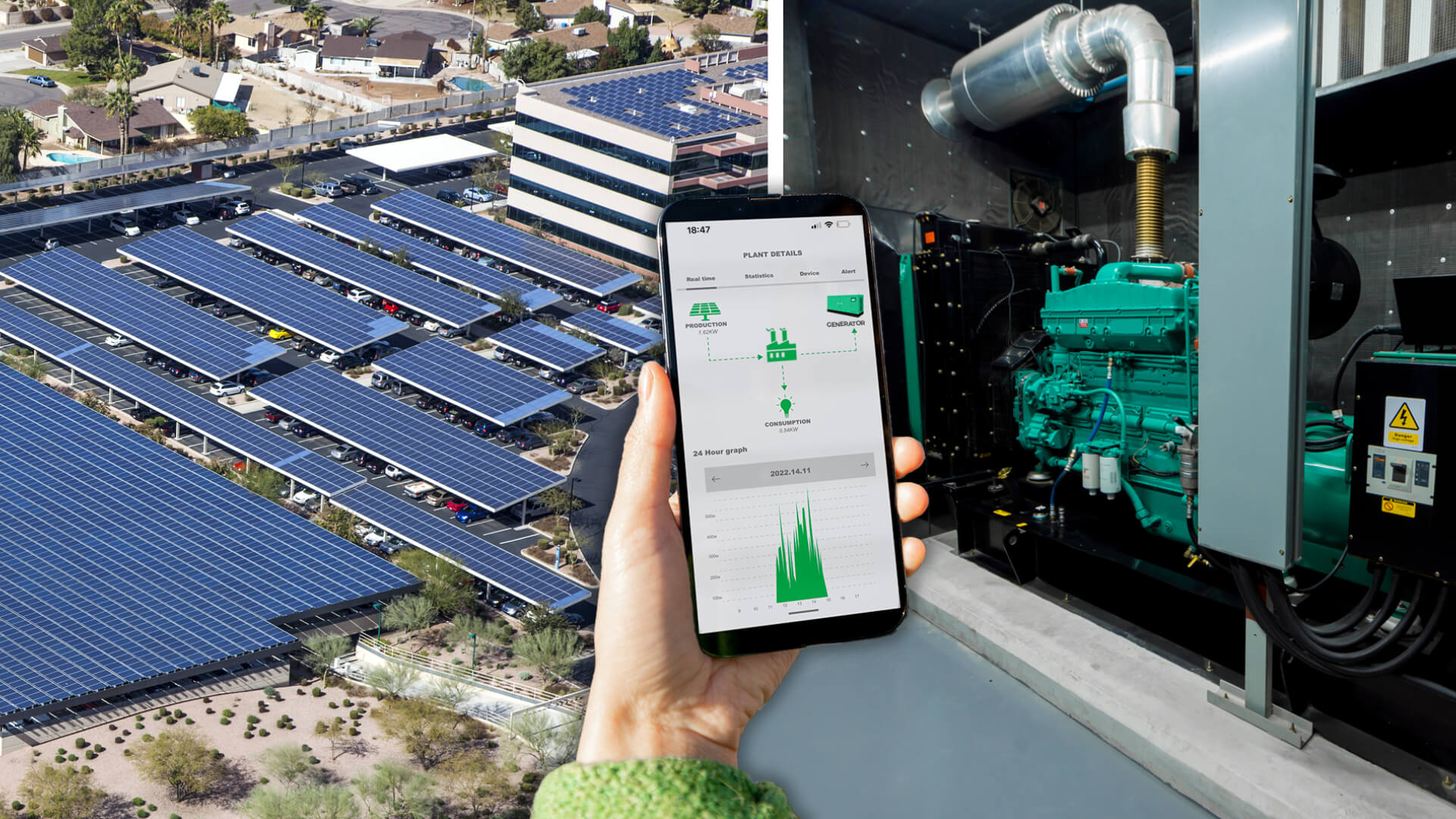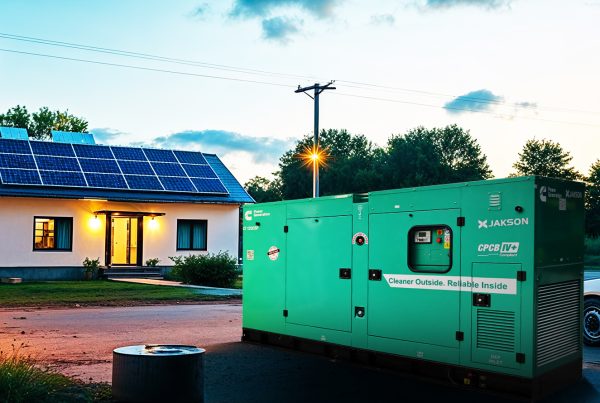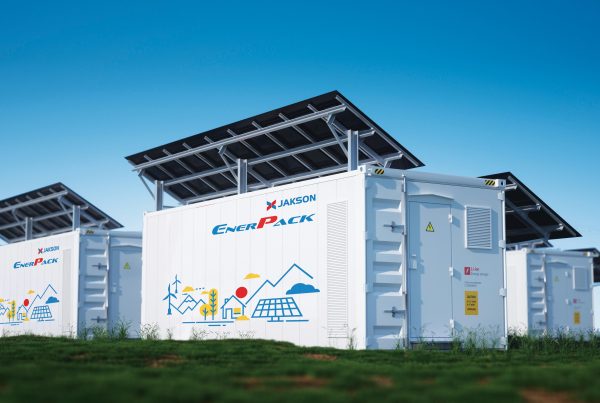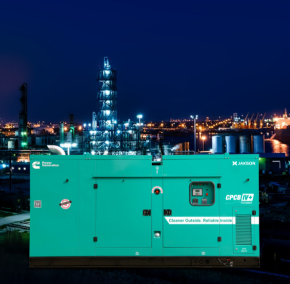Diesel Gensets remain the preferred back-up power solution for industrial users worldwide. Although alternate back-up solutions have emerged in the past few years, diesel gensets remain the top-choice for industrial customers due to their time tested durability, reliability and performance. Technological advancements in diesel engine technology over the years have also helped this industry retain its superior edge in the face of competition.
Although diesel gensets remain a popular choice, off-late it has been facing a few challenges. Thses include rising fuel costs, growth of renewables, government regulation and increased environmental activism that propose a complete shift to renewable energy. While this argument might look easy on the surface, a complete shift from diesel gensets to any of the currently existing renewable sources is not possible currently as renewables are intermittent sources of power and can never replace the reliability of gensets for instant back-up power. Of course, renewables with storage can be a potential threat in the future. However, current costs of energy storage are unsustainable and cannot compete with the price economics of gensets for industrial consumers.
Rising Diesel Costs & Dropping Solar Prices
The genset industry does not face any instant threat from the renewable industry. However, rising diesel costs have started being a cause of concern for industrial users in order to reduce their operational costs in a highly competitive marketplace.
To address this growing concern, the genset industry has been trying to integrate new technologies that could help it adapt to the changing times and remain relevant in the future. One of the most successful effort in this direction has been the integration of solar power with diesel gensets, to create a hybrid power generator that offer users the reliability of diesel gensets and the cost economics of solar power.
Hybrid Diesel Generators
Hybrid diesel generators combine the reliability of diesel generators and cost efficiencies of solar power to provide industrial users the best of both energy sources. The working principle of a hybrid diesel generator is simple. Solar energy produced by the modules during sunlight hours reduces the load on diesel gensets, saving fuel and thereby reducing operating costs. Power from the diesel engine provides the requisite frequency and voltage to firm up the DC current produced by solar panels and stabilize the load.
The heart of this system is a highly sophisticated digital system controller. This automated controller maximizes the load on solar panels during peak sunlight hours for energy production from the PV panels and minimizes the use of the diesel generators, thereby saving fuel consumption.
Hybrid diesel generators can be a combination of multiple energy sources with a diesel generator set. These include renewable sources like solar, wind, biomass and tidal amongst others.
Battery Storage
Most modern day diesel genset-solar hybrid energy systems include a battery bank or energy storage to the above combination. Including storage to this configuration helps reduce consumption of diesel further as the battery bank provides the frequency to the current produced by solar panels for consumption during daytime or in the event of load failure from the grid in on-grid locations. Battery storage is a must have for off-grid hybrid systems in remote locations. At such locations, the battery bank provides the stability for current flow providing minimal usage of diesel generators thereby saving costs.
Adding battery storage to diesel-solar hybrid systems involve high capex costs initially. However, operational costs efficiencies in the lifecycle of the system prove advantageous and cost effective in the long run.
Ideal Solution for Industrial Users
Although power generation in India has been improving over the past few years, Diesel gensets continue to be a mainstay power back-up solution for industrial users. The operational hours of diesel gensets for industrial users remain the highest amongst all genset users. As such, shifting to a diesel-solar hybrid energy system is ideal for this user segment to reap the benefits of this emerging technology.




